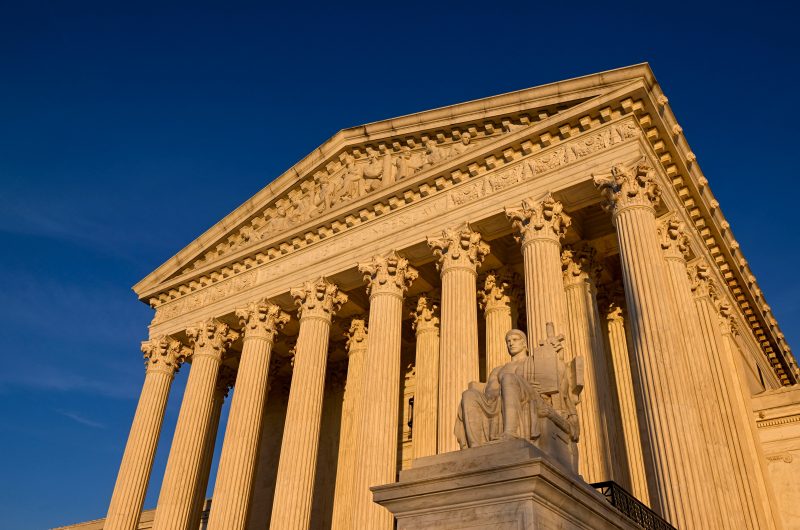The recent Supreme Court ruling regarding potential violations of the National Rifle Association’s (NRA) free speech rights by an official has sparked significant debate and raised important questions about the balance between government actions and First Amendment protections.
The case in question revolves around allegations that an official targeted the NRA’s advocacy efforts by pressuring financial institutions to cease doing business with the organization. The Supreme Court’s decision determined that these actions likely constituted a violation of the NRA’s free speech rights.
This ruling brings to light the complex intersection of government policies and the exercise of free speech. The First Amendment guarantees individuals and organizations the right to express their views without fear of government interference or retaliation. By targeting the NRA’s financial supporters, the official in question may have unlawfully impeded the organization’s ability to engage in protected speech and advocacy.
Furthermore, this case underscores the importance of maintaining a robust and pluralistic public discourse. The ability of organizations like the NRA to participate in public debate is crucial for a healthy democracy. If government officials can use their power to undermine the advocacy efforts of certain groups, it sets a dangerous precedent that could chill free speech and erode the foundations of our democratic system.
The Supreme Court’s decision serves as a vital reminder that the protection of free speech must be vigilantly safeguarded, especially when government officials are involved. While there may be legitimate concerns about the influence of certain organizations, such as the NRA, on public policy, these concerns should be addressed through open dialogue and debate, rather than through attempts to stifle their speech rights.
Moving forward, it is essential for public officials to respect and uphold the First Amendment rights of all individuals and organizations, even those with whom they may disagree. Upholding these freedoms is not only a legal obligation but a fundamental pillar of a democratic society where diverse voices can be heard and debated openly.
In conclusion, the Supreme Court’s ruling in this case reaffirms the vital importance of protecting free speech rights from government overreach. By upholding the NRA’s rights in this instance, the Court has reinforced the principle that all voices, regardless of their views, deserve to be heard and respected in the public arena. This decision should serve as a potent reminder for all public officials to tread carefully when considering actions that could infringe upon the free speech rights of individuals and organizations.

